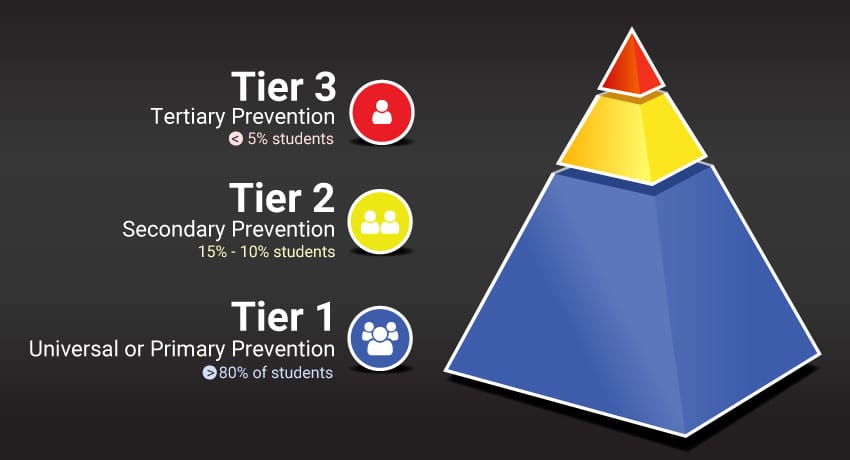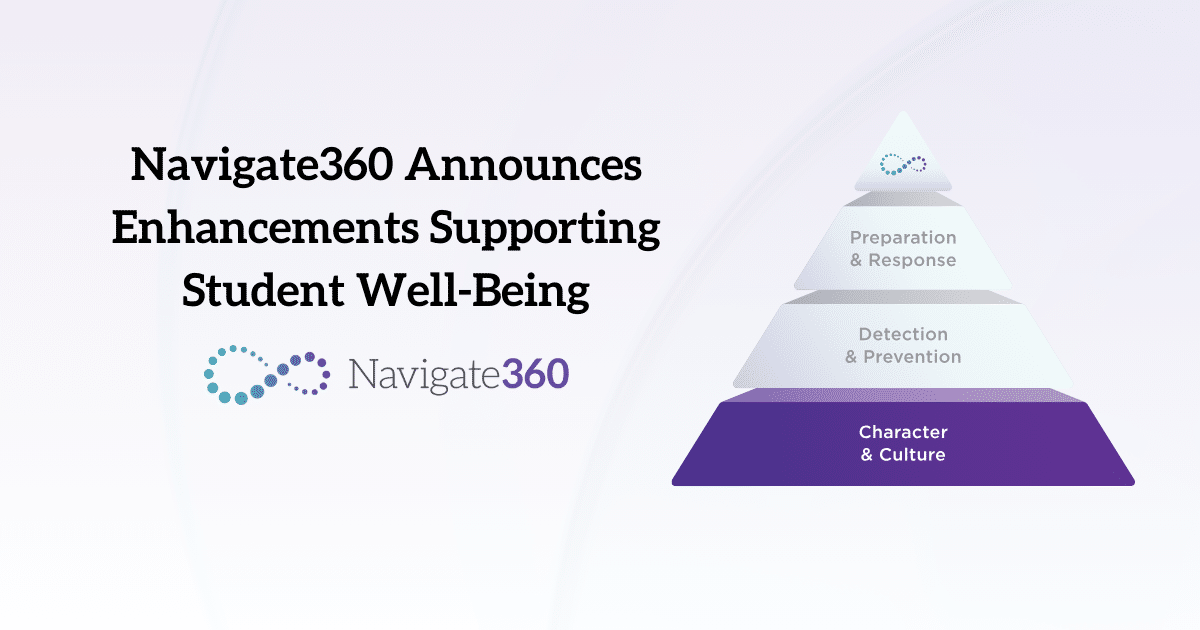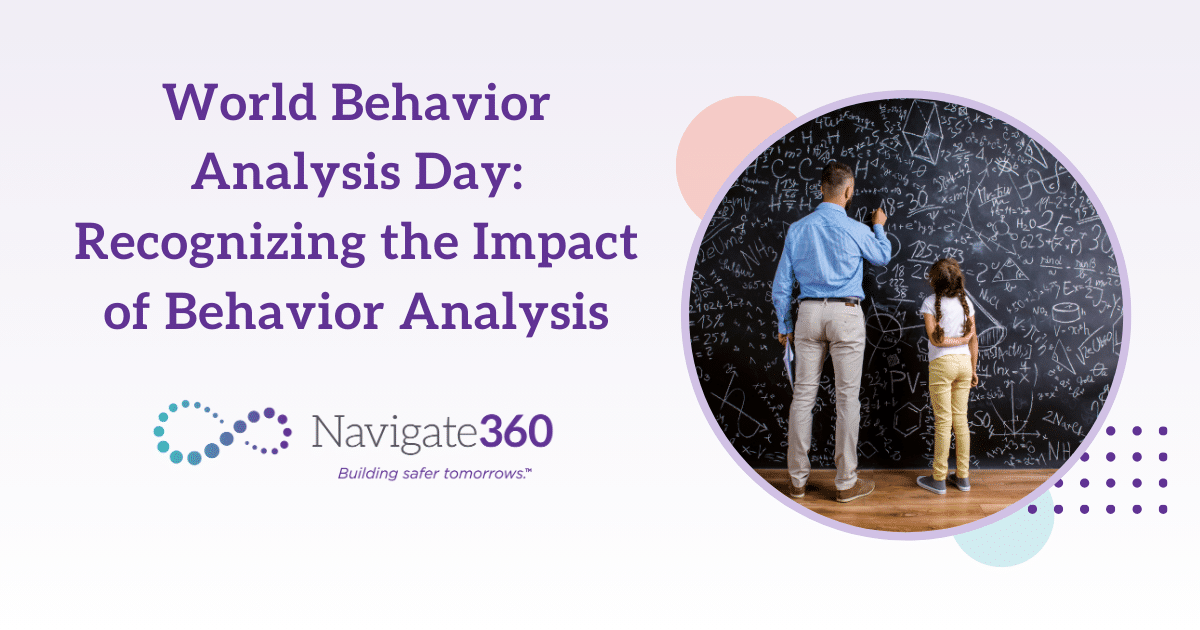When it comes to educating the whole child, schools go far beyond the basics of academics. Student social-emotional development is every bit as crucial to the educational process as lesson plans and instruction. To help prepare every student for success, schools often employ behavior intervention practices. These practices are designed to meet students where they are and help them build the social, emotional, and behavioral skills necessary to progress in their academic careers.
Defining Behavior Intervention Practices
Behavioral interventions in schools are practices designed to assist students in overcoming challenging behaviors, enabling them to develop the social and emotional skills to be successful. These practices can be as simple as establishing expectations for conduct, such as walking quietly in the halls, or as complex as intensive one-on-one methods designed to help individuals form positive behaviors. Historically, traditional disciplinary models, including office referrals, detention, suspension, and expulsion, have done little to improve overall school climate. Conversely, behavioral intervention practices enable schools to fulfill their central mission of providing a well-rounded education for all students.
Turn Discipline into Learning Opportunities
Learn more about PBIS Rewards and Suite360 Behavior Intervention in this on-demand webinar!
For many schools, behavior intervention practices are an integral part of a schoolwide initiative known as Positive Behavioral Interventions and Supports, or PBIS. PBIS helps to encourage desired behaviors in a variety of locations in a school, from the classroom to common areas such as the cafeteria, library, or playground.
Practices used to support behavioral intervention in schools will vary based upon factors such as grade level, schoolwide expectations, and disciplinary processes.
Tiers of Implementation
PBIS uses tiers of implementation to serve the student population and provide them with a means to develop positive behaviors. The framework’s three-tier approach provides specific subsets of students with distinct intervention practices to help develop skills necessary for growth.

Tier 1
For the majority of students in a school, Tier 1 interventions are the baseline for positive behaviors. Typically, a school establishes a schoolwide behavior matrix that outlines expectations for behavior in a variety of settings. Students receive acknowledgment for exhibiting these behaviors, which encourages continuation and helps to build positive behavioral habits.
Tier 2
For up to 15% of students, the behaviors outlined in the schoolwide matrix prove to be challenging to achieve. There are a number of reasons for this, including developmental progression, academic issues, personal or family problems, and more. Tier 2 behavior interventions serve to help students overcome these issues and move into Tier 1. Many times, these are group-style interventions which cultivate support and collaboration, celebrating progress as it occurs.
Tier 3
Typically, less than 5% of students in a school receive Tier 3 behavior interventions. These are special efforts to help individual students attain appropriate behaviors. For many students in Tier 3, these interventions are alternatives to suspension or expulsion. Such strategies work for students with developmental, emotional, or behavioral disorders. They are also used to aid students with no diagnostic label who need more intensive support.
Using Behavioral Intervention to Change School Culture
Positive behavior development is key in creating a positive school culture. The behaviors outlined in the schoolwide matrix establish a baseline for the entire school community. Behavioral interventions, structured in tiers, can help students to successfully exhibit these behaviors.
PBIS Rewards allows schools to manage their PBIS initiatives digitally, reinforcing positive behaviors as they occur. For students who need additional behavioral support, the software features customizable interventions for Tier 2 and Tier 3, such as Check-In/Check-Out. Schools using the Advanced Referral System (ARS) feature in PBIS Rewards also have the option of assigning Suite360 Behavior Intervention lessons as part of a major referral.
We’d love to show you more about how PBIS Rewards can help you digitally manage all three tiers of your PBIS initiative, including behavioral intervention with Suite360. Contact us to get the conversation started!




